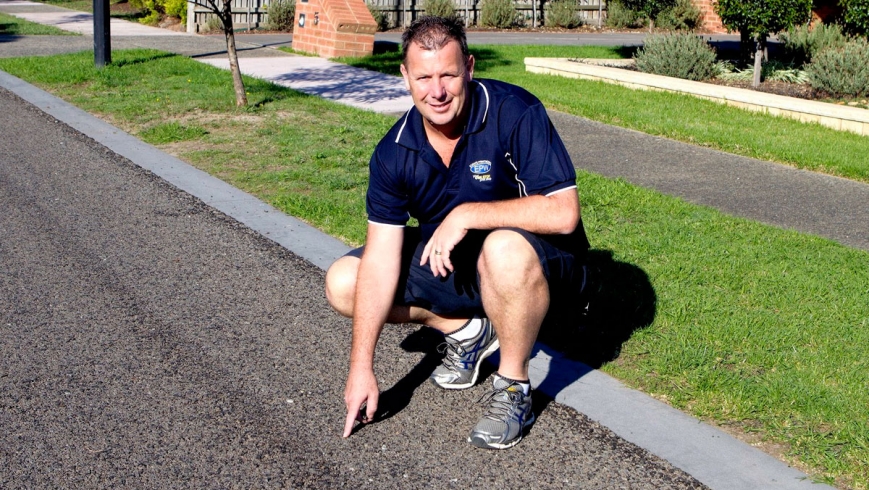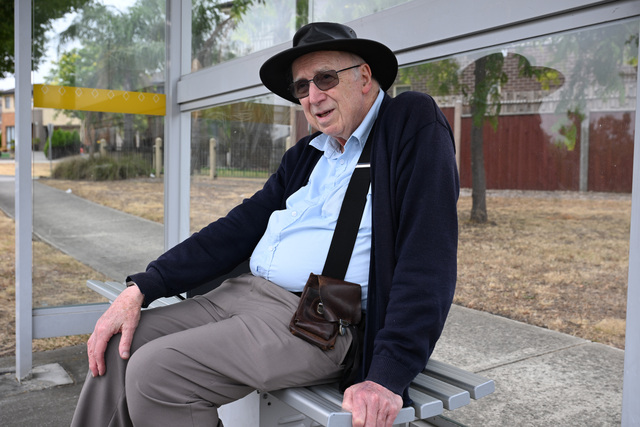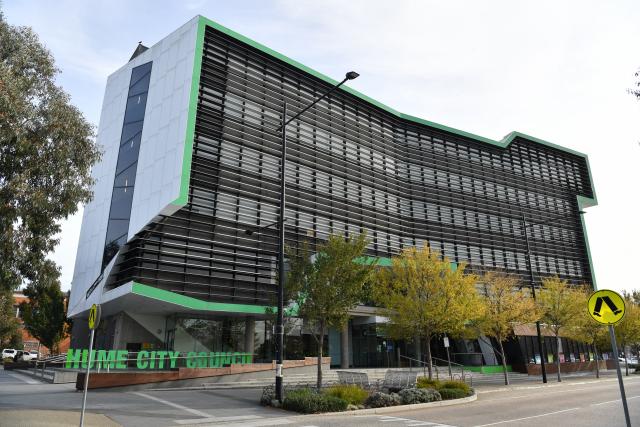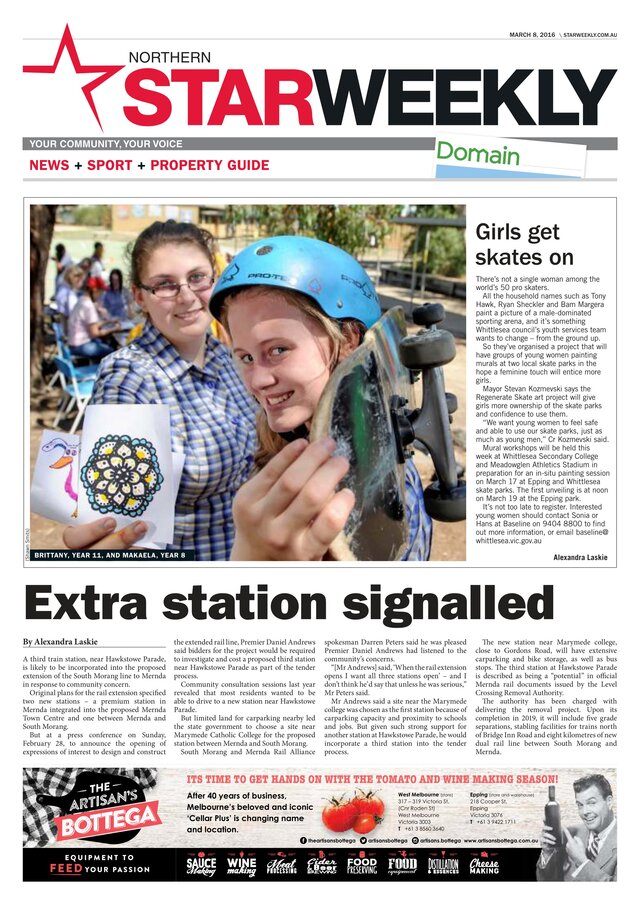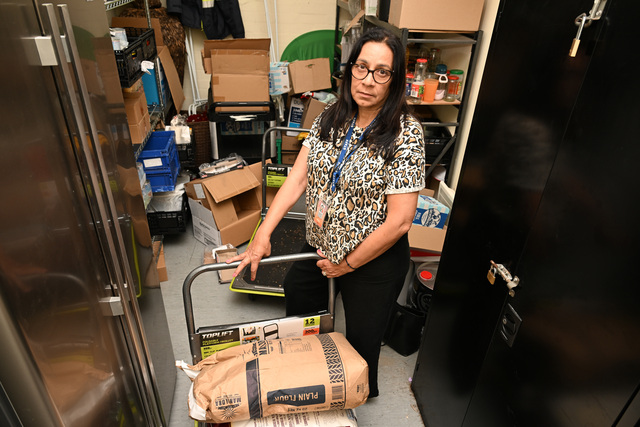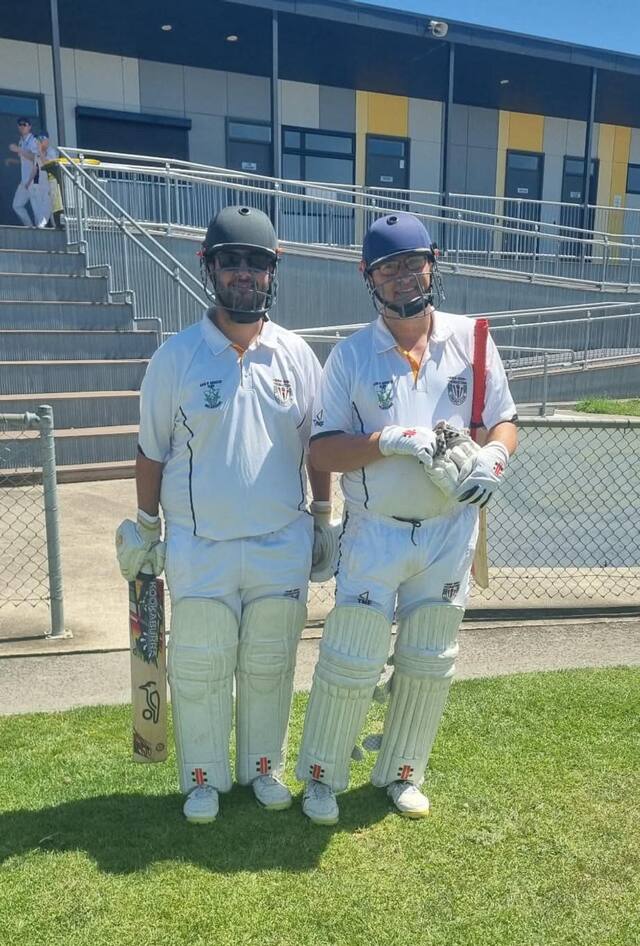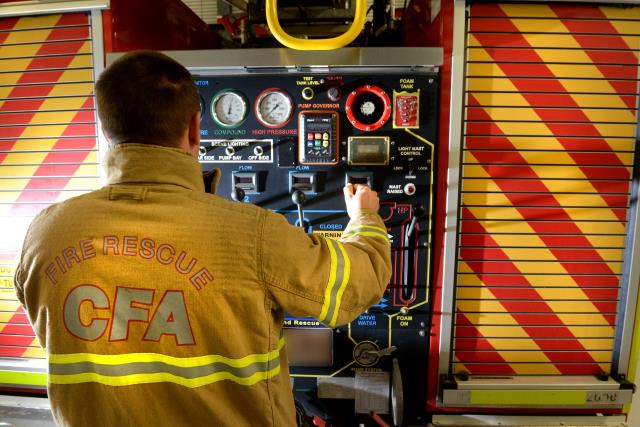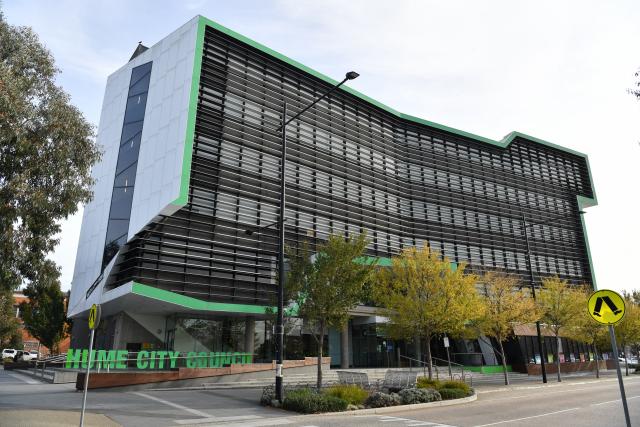Recent road resurfacing works in Doreen and Laurimar have left loose gravel and wet tar on what were once smooth roads, residents say.
More than 50 residents have contacted the Whittlesea council to complain about the state of their roads following crack repair and sealing works performed by Boral.
Large cracks on roads prompted the council to contract Boral to perform “reactive maintenance works” on 23 roads in Doreen and Laurimar. The works began about a month ago and are complete, aside from some line-marking.
Whittlesea councillor Ricky Kirkham raised residents’ concerns as an item of urgent business at the council meeting on April 8.
“When you drive on this rough gravel base you can tell there’s lots of loose stones. You can almost peel some of the surface off with your hands,” Cr Kirkham said.
“I don’t believe this is what our residents expect when these works are undertaken.”
Oakridge Street, Doreen, resident Evan Woolnough said the roads were “pretty good” before the works were done.
“They were nice and smooth. The kids could go out there and skateboard,” he said.
“Now stones flick up under your car. They reckon the roads can last for another five to 10 years [now]. I can’t put up with it for another two days.”
A Boral spokeswoman said moving from an asphalt road to a sealed road “typically results in the presence of loose stones in the early stages following completion, which is what has transpired in Doreen/Laurimar”.
“This is not a reflection of the quality of the roadworks, but rather it reflects the fact that the road specified is a sealed road, which is a change from the original asphalt road surface,” she said.
She said Boral workers had returned to sweep the roads on a couple of occasions, but residents should expect the presence of loose stones on the roads for several more weeks.
Council advocacy and communications director Griff Davis said spray sealing was a well-recognised method of extending the life of a road.
“It’s a bit rougher and noisier for cars, but over time that abates and acts like an asphalt road,” he said.
“That’s why we put a reduced speed limit – to stop rocks kicking up.”

